The good old fake realities around us
written by art historian & curator
Philosophers and scientists have been debating since Antiquity how truthful is the life we live and if there is anything forged in it. The question arose because history as we know it might not be the right one but embellished due to political reasons. Mythologies were created around wars and people, creating a halo around them and transforming them into living legends until the end of time. Likewise, our everyday life is being flooded with all kinds of ”historical facts” and ”heroes”. In comparison to the past, when news spread slower today we benefit from the internet and the digitalisation of our existence. If we do not know something, we search for it on Google, our 24/7 available encyclopedia. If we wish to see places, we look at online pictures. If we want to find out the latest news, we scroll through websites. Everything is at a click away.
Join our free online talks:
Technology is an incredible resource with indisputable advantages. However, because the resource is not controlled in terms of quality and credibility, it is easier than ever to fall victim to fakeness. Fake reports, fake images, fake advertisements, fake campaigns, fake personas, and fake lives. Each of us is exposed daily to information whose content is not being verified and approved by an authority. Of course, today we live in a free world where everyone has the right to express his thoughts and this is just. But if the person is not being properly informed and is spreading fake news, how do we deal with this matter? How do we discern what is fake and what is false, what is art and what is kitsch, and who is right and who is wrong?
Art Theories
The ancient philosopher Plato has developed a strong theory concerning art and its originality if any. He said that art is a mere imitation of reality because it imitates the objects and events from our lives. Thus, art is a copy of a form without substance. Art can at best entertain us and at worst delude us into dangerous realities. Socrates suggests that obtaining perfection is possible with the help of mirrors and by this, art belongs to a shallow world of reflection, shadows, and dreams.
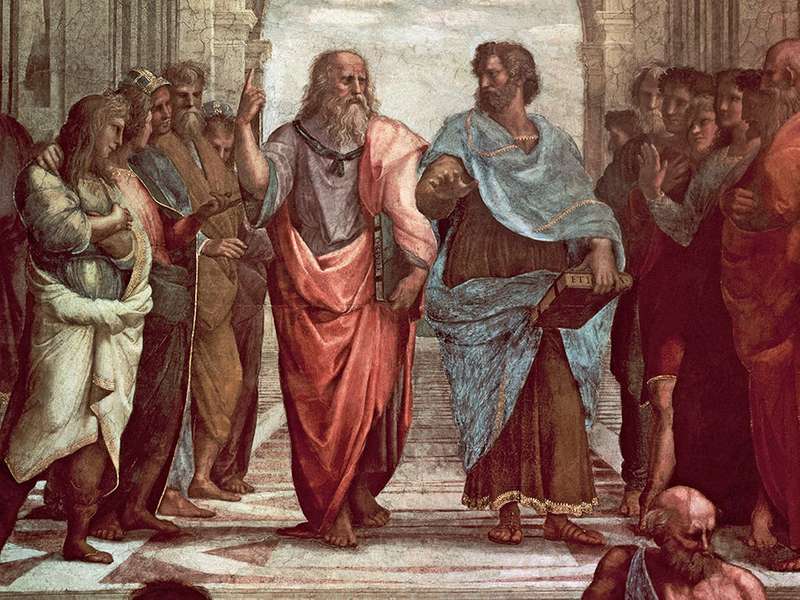
Aristotle on the other hand does not accuse the work of art of imitation. More than this, he states that imitation is a necessary condition, including for humans, to create an opportunity. As children, we learn by imitation and we find great pleasure in it. Aristotle suggests that a work of art does not copy a real thing but a ”possible” thing that can facilitate knowledge. As we look at a work of art, we know it is not real and it cannot affect us physically in any way. What it can do is to make an impression emotionally and describe a fact more or less accurately.
When art is being related too strongly to emotions, it ceases to be art and becomes merely a fragment of the story. Thus, it is easy to make the viewer forget the real thing and distort the truth. True art is meant to trigger reflection, learning, and cognition. When it diminishes the significance of the content only to emotional content, this is the point beyond which modern philosophers consider art is not art anymore but kitsch.
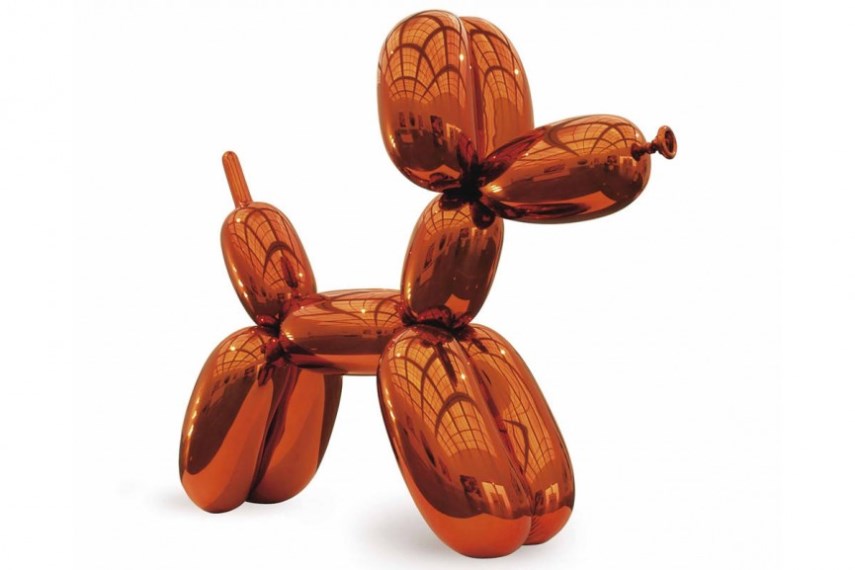
Kitsch is more of a moral dilemma than a demonstrable truth that is related to beauty. A generally accepted and admired beauty that somewhere on the path loses its meaning and becomes hollow. The intriguing thing is that although kitsch is indeed a simple imitation of real things it connects with us emotionally and we enjoy kitsch items. We buy them from souvenir shops, markets, and the streets. Kitsch items are not about the object itself and the value of the content but about us and our experience.
The Pleasure of Kitsch
Philosophically speaking, buying a souvenir replica of the Trojan horse does not mean we comprehend the ancient story of Troy and its historical and political implications. Nor that we have experienced the real thing. We mostly associate it with Brad Pitt and the famous movie which presents a small part of Homer’s Iliad. The souvenir will make us feel better. It’s like ticking a list. We’ve been there, done that.
This is an example of fake beauty collectively accepted and loved. Matters of beauty are subtle and subjective and it connects to our internal desire to develop. It might sound strange but a good example is the French middle class during the industrial revolution in the 19th century. They became wealthy enough to afford large houses and luxury clothing items. However, they were not able to reach the aristocrats. So, they copied them by ordering art replicas to exhibit in their homes as a sign of status, most of them of poor quality. The major difference was that the elite owned original forms of art, while the middle class could afford only replicas. And even if some merchants could afford more, the problem was the understanding and appreciation of true art.
Nowadays, kitsch issues are not strictly related to art anymore. Social networks are flooded with ”sensational news” and images that evoke pleasure in us. The pleasure of memory, desires, and of the unknown. However, unfiltered information might not reflect the entire truth but a distorted one, may be taken out of context and manipulated. We see online what the standards of contemporary society are. Standards of exterior appearance, brand clothing, glamorous life, etc.
Most of the moral values on the internet speak about online popularity and superficiality without a foundation. Success in real life is established online. Fundamentally, we all can rise above our level and today we all have access to information. So in theory, we can evolve. However, changing social class presumes to constantly educate ourselves, constantly broaden our understanding and use critical thinking at all times.
Because we ”like” viral social content, it’s easy to fall into the trap and lose the sense of reality. To keep away from social pollution, one must filter content, friends, and news. Philosophers offer some advice to the masses on how to keep away from dangerous content.
Can we protect ourselves from fake realities?
One of the downsides of digitalization is the burden of constantly checking and filtering everything we see, read, and enjoy. The internet is full of bots that bring financial gains to some companies by disseminating all kinds of stories. Avoiding the spread of news by bots is a difficult task mainly because we are not aware of which profile is human and which is fake.
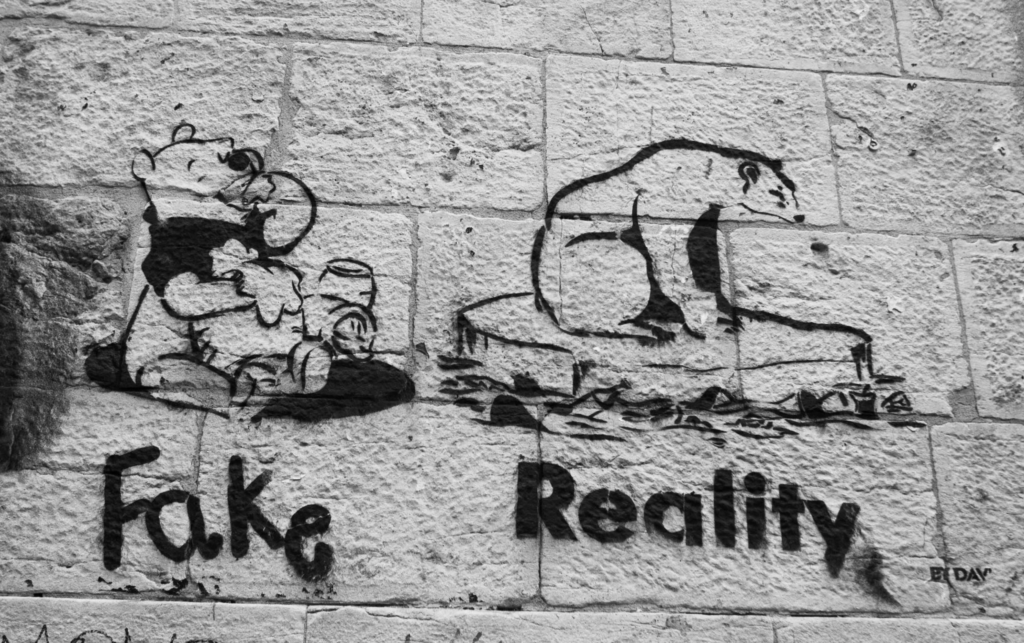
If one would check the sources and the accounts on the web, the results would be astonishing. Millions of fake social accounts, two-thirds of the links on Twitter were promoted by bots, fake experts and fake fundraisers, fake influencers, fake or distorted images, fake polls to distort elections, fake reports, fake personas, and misinformation about health issues and vaccines. One might feel that everything promotes a counterfeit reality.
To stay with our feet on the ground we need to have a general sense of what is happening around us. First of all, we must inform ourselves daily from a trustable source, preferably a printed one. Reading from a newspaper is better than from the internet because our brain makes faster connections, reflection is more likely to happen and we tend to think more critically.
Personal experience remains one of the best ways to filter news and information around us. Information received from other personas must be reasoned and one should look for what, who, when, and where happened. What we have learned with our senses is unbeatable.
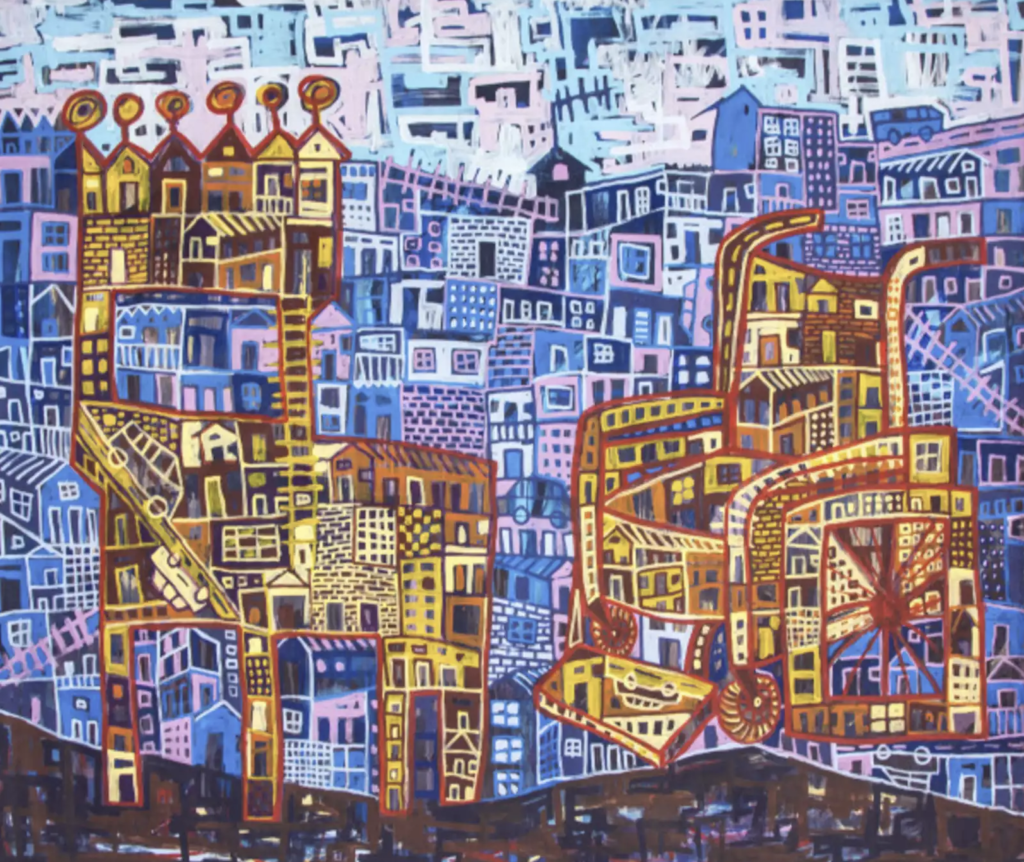
Expanding knowledge and broadening the cultural horizon is another must if we wish to remain updated with reality. We can do this by traveling as often as possible, having contact with different nationalities, by visiting cultural places such as museums, and by participating in different cultural activities, watching theatre plays, and contemporary interpretations. Understanding the background helps us screen the foreground from the news and the TV. Of course, no one can know for sure what is real and what is not, but at least more knowledge brings more critical thinking.
We read less content about culture and we learn less about moderation, modesty, kindness, and education. Indeed, for many of us, the moral dilemma stands in education. Families with tradition pass from generations to generation moral codes, behaviours, and education at a profound level.
Masses can be easily manipulated if one touches a sensitive string and sends a specific political and social message. We will continue to live with all the lies and the good in the world. Look for the meaning that brings richness to your own life and find the place where you perfectly fit.
GET MORE FROM LEVEL


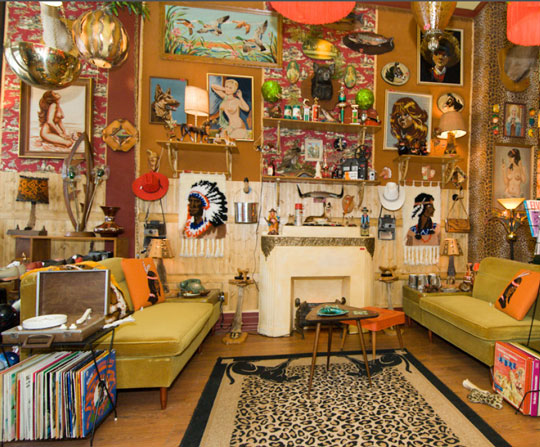
Leave a Reply